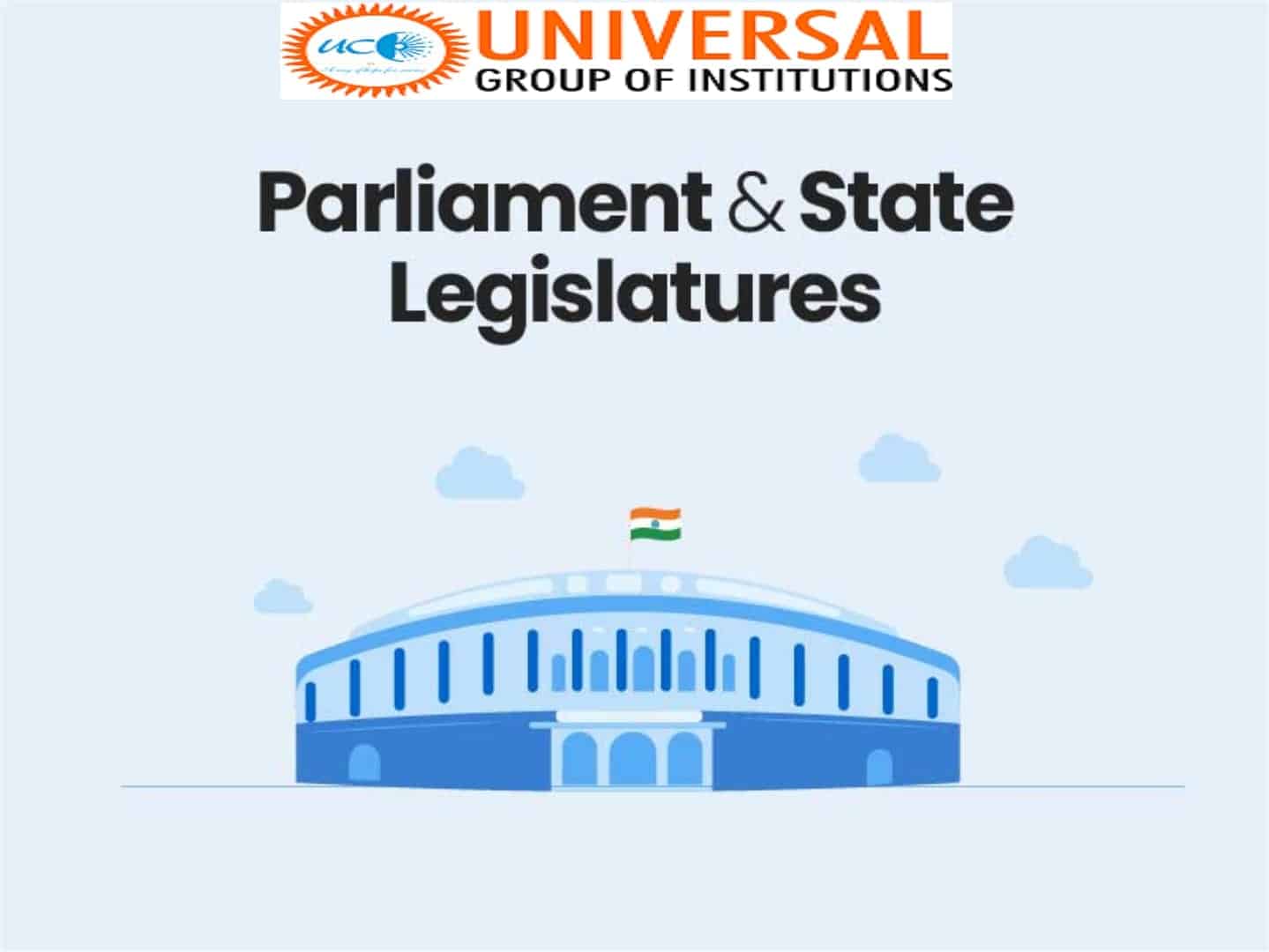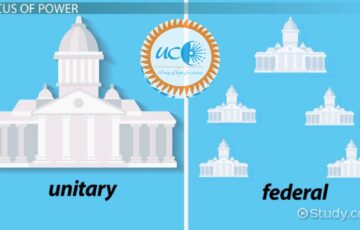State Legislative Council
Q. “The state legislative councils are dilatory chambers that do nothing but prolong passage of bills and increase legislative expenses” Critically analyze.
India has a bicameral system, that is, two Houses of Parliament. At the state level, the equivalent of the Lok Sabha is the Vidhan Sabha or Legislative Assembly; that of the Rajya Sabha is the Vidhan Parishad or Legislative Council. A second House of legislature is considered important for two reasons:
- To act as a check on hasty actions by the popularly elected House.
- To ensure that individuals who might not be cut out for the rough-and-tumble of direct elections too are able to contribute to the legislative process.
Also,
- They can be used to delay progressive legislation.
- They would strain state finances.
- Having a second chamber would allow for more debate and sharing of work between the Houses
Currently six states have legislative councils namely Andhra Pradesh, Bihar, Uttar Pradesh, Karnataka, Maharashtra, Telangana. Jammu and Kashmir too had one, until the state was bifurcated into the Union Territories of J&K and Ladakh
Criticism:
Rather than fulfilling the lofty objective of getting intellectuals into the legislature, the forum is likely to be used to accommodate party functionaries who fail to get elected. It is also an unnecessary drain on the exchequer. Unlike Rajya Sabha which has substantial powers to shape non-financial legislation, Legislative Councils lack the constitutional mandate to do so. Legislative Assemblies have the power to override suggestions/amendments made to legislation by the Council.
While Rajya Sabha MPs can vote in the election of the President and Vice-President, members of Legislative Councils can’t. MLCs also can’t vote in the elections of Rajya Sabha members.
As regards Money bills, only fourteen days’ delay can be caused by the Council, which is more or less a formality rather than a barrier in the way of Money Bill passed by the Assembly.
All these factors aid the increase in the legislature expenditure.
State Legislative Councils and other limitations:
The constitution gives Councils limited legislative powers. Unlike Rajya Sabha which has substantial powers to shape non-financial legislation, Legislative Councils lack the constitutional mandate to do so. Legislative Assemblies have the power to override suggestions/amendments made to legislation by the Council.
Way ahead:
There is a need for a National Policy on having Upper House in State Legislatures. The provision of the law for Councils to have seats for graduates and teachers should also be reviewed. Also, There is a need for a wide range of debates and public and intellectual opinion to have an Upper House in all state legislatures. Legislative councils should be a responsible body that can also form their part in policies and programs for the development of states.









